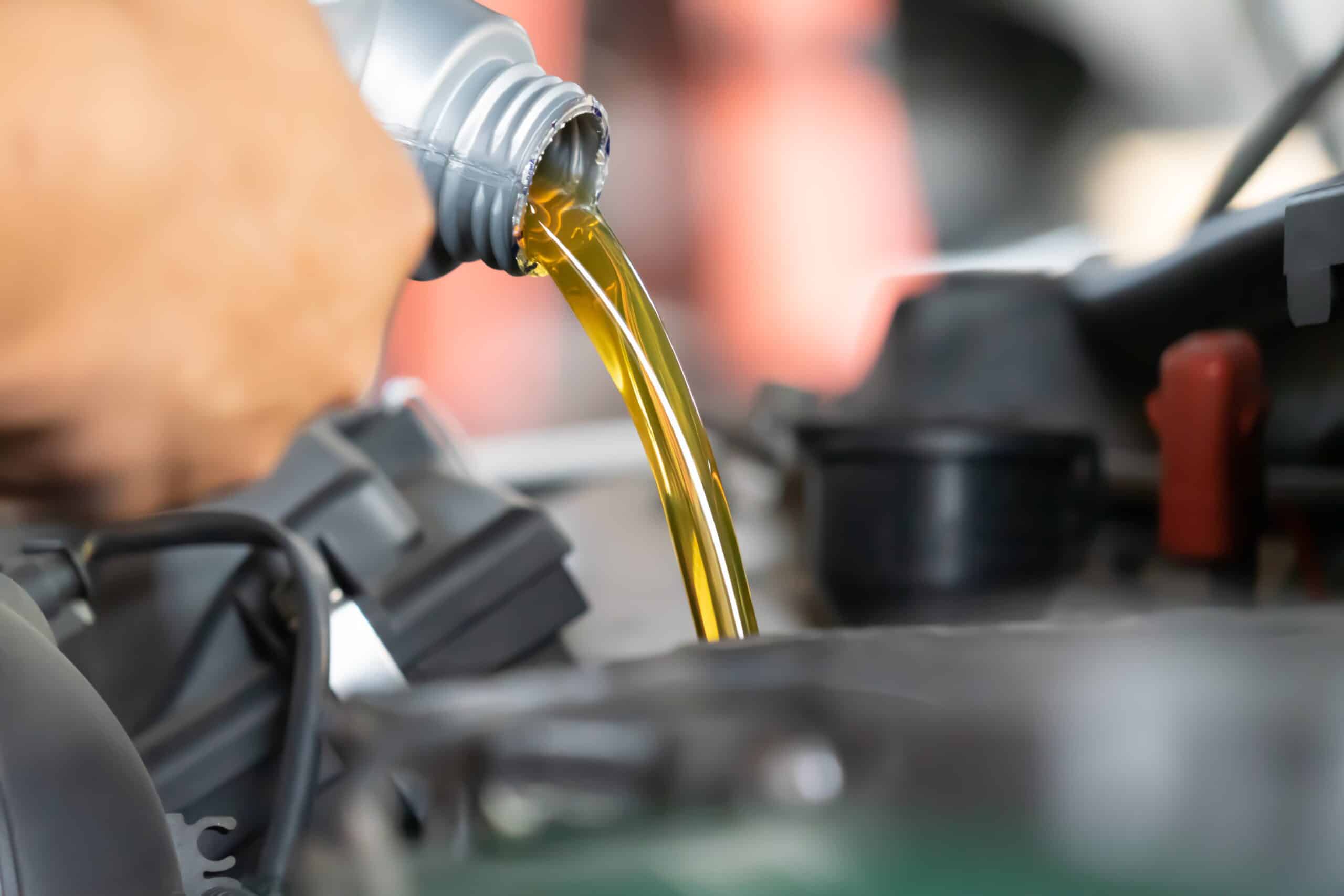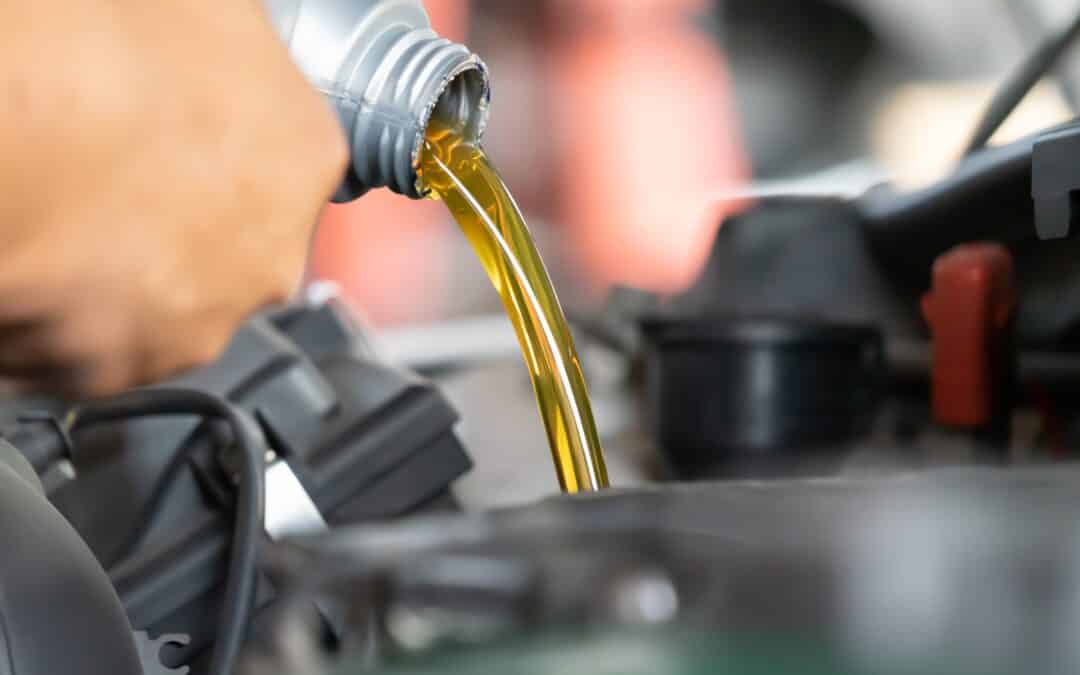In the world of automotive maintenance, there’s a silent hero that often goes unnoticed—the brake fluid. This unsung champion is responsible for ensuring that your vehicle comes to a halt safely every time you tap on the brake pedal. Today, we embark on a journey to explore the vital role of brake fluid and unveil the dangers that lie in neglecting it. Welcome to “The Dangers of Neglecting Brake Oil Changes and How to Prevent Them,” brought to you by Express Auto and Tires. Let’s dive into the world of brake fluid and discover the secrets to keeping your vehicle and your loved ones safe on the road.

Superb Tips Of The Dangers For Neglecting Brake Oil Changes
Section 1: Understanding Brake Fluid
Brake fluid is the unsung hero of your vehicle’s braking system, a hydraulic masterpiece that converts the force from your foot on the brake pedal into the stopping power that keeps you safe on the road. It’s like the conductor of a symphony, orchestrating the harmonious movement of pistons, calipers, and pads to bring your car to a smooth stop, ensuring that every brake oil change is a seamless performance.
But not all brake fluids are created equal. There are different types, like DOT 3, DOT 4, and DOT 5, each with unique characteristics. Understanding the differences is crucial because they directly impact your vehicle’s braking performance.
You see, brake fluid isn’t just a lubricant; it must be clean and moisture-free to work efficiently. Moisture can lead to brake fluid contamination, resulting in reduced braking power and potentially catastrophic consequences.
Section 2: Signs of Brake Fluid Deterioration
Imagine cruising down the highway when traffic suddenly grinds to a halt. You press your foot on the brake pedal, but instead of a firm response, it feels spongy and unresponsive. This is just one of the signs that your brake oil change might be in trouble.
Other red flags include a soft brake pedal that sinks to the floor, longer stopping distances, and, in extreme cases, a complete brake system failure. Neglecting these warning signs can lead to accidents, costly repairs, and potential legal liabilities.
Section 3: Frequency of Brake Oil Changes
Now that we’ve highlighted the importance of brake fluid, you might wonder how often you should change it. The answer depends on several factors, including your driving habits, climate, and the type of brake fluid in your vehicle.
Typically, it’s recommended to change brake fluid approximately every two years as a general guideline. However, heavy stop-and-go traffic, extreme weather conditions, or performance driving may warrant more frequent brake oil changes. The key is to consult your vehicle’s owner’s manual and follow the manufacturer’s recommendations.
Regular brake fluid changes might seem like a chore, but they can save you from expensive brake system repairs down the line. It’s a small investment in exchange for your safety and peace of mind.
Section 4: DIY Brake Oil Change Guide
Are you a DIY enthusiast looking to tackle brake oil change maintenance on your own? We’ve got you covered with a step-by-step guide that will empower you to take control of your vehicle’s safety.
- Gather Your Tools: Before you start, make sure you have the necessary tools, including a brake bleeding kit, a jack, a wrench, and, of course, fresh brake fluid.
- Safety First: Safety should be your top priority. Wear protective gear, use jack stands to secure your vehicle, and follow the safety precautions outlined in your vehicle’s manual.
- Drain the Old Fluid: Locate the brake bleeder valve on each brake caliper, and using the brake bleeding kit, drain the old fluid until you see clear, clean brake fluid flowing out.
- Refill and Bleed: Refill the brake fluid reservoir with the correct type of fluid. Then, bleed the brake lines until you remove all air bubbles. This action guarantees the presence of a solid and responsive brake pedal.
- Test Your Brakes: After the change, test your brakes to ensure they feel firm and responsive.
- Dispose of Old Fluid Properly: Brake fluid is hazardous waste, so be sure to dispose of the old fluid in accordance with local regulations.
Section 5: Choosing the Right Brake Fluid
Selecting the right brake fluid for your vehicle is paramount. The wrong choice can lead to braking issues and even damage to your braking system. To make an informed decision regarding your brake oil change:
- Check Your Owner’s Manual: Your vehicle’s manufacturer will specify the type of brake fluid required. Always follow their recommendations.
- Understand DOT Ratings: Pay attention to DOT ratings (e.g., DOT 3, DOT 4). Each type has different properties and boiling points, making them suitable for specific applications.
- Seek Professional Advice: If you’re uncertain, don’t hesitate to consult with a professional mechanic. They can guide you to the right choice based on your vehicle’s needs.
Conclusion
In this journey through the world of brake fluid, we’ve learned that neglecting brake oil changes is a risk we can’t afford to take. Brake fluid is the linchpin of your vehicle’s safety, and it requires proper care to function flawlessly. Regular maintenance can save you from accidents, costly repairs, and legal troubles.
So, don’t wait until your brakes let you down. Stay informed, stay proactive, and enjoy every drive with peace of mind, knowing that your brakes are in top condition.
Call Express Auto and Tires Today!
At Express Auto and Tires, we’re committed to your safety and the well-being of your vehicle. Whether you prefer professional brake fluid maintenance or are looking for expert advice, we’re here to help. Call us at 972-636-4903 or visit our website Express Auto and Tires to schedule your best oil change service, and let’s keep you and your vehicle safe on the road. We prioritize your safety, and you can reach out to us with just a phone call.


Recent Comments